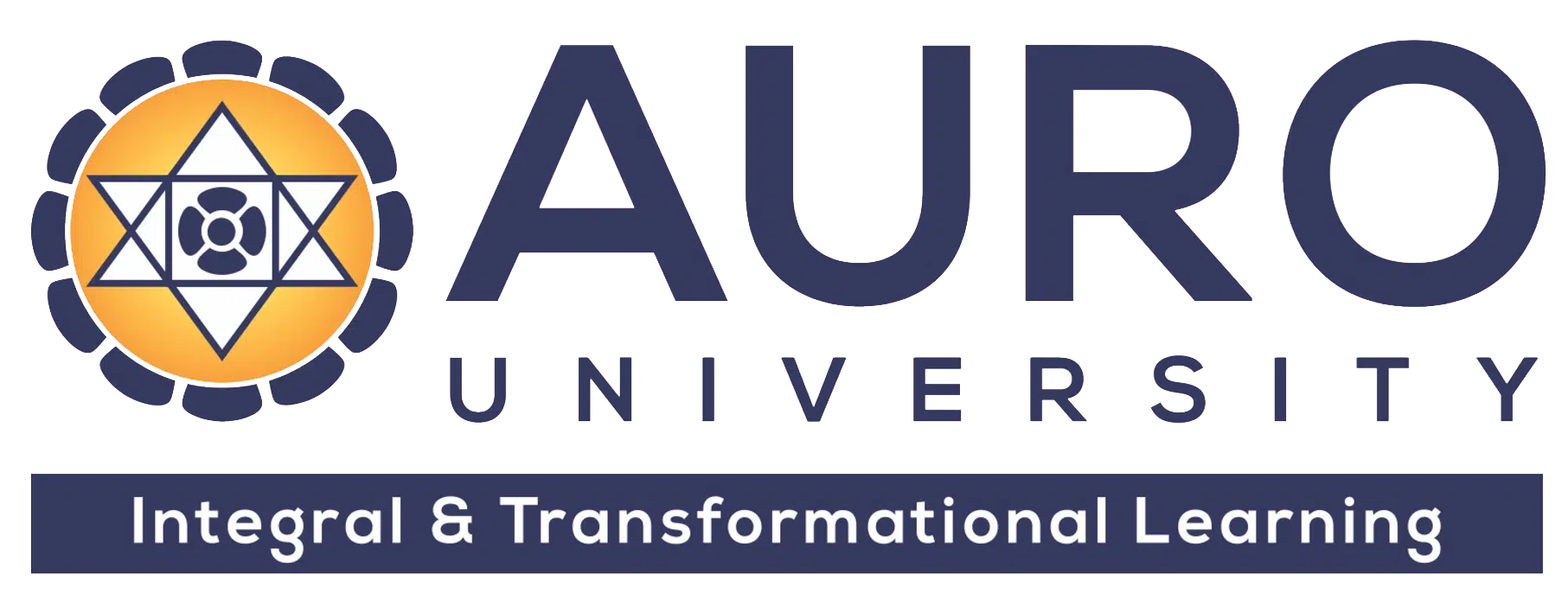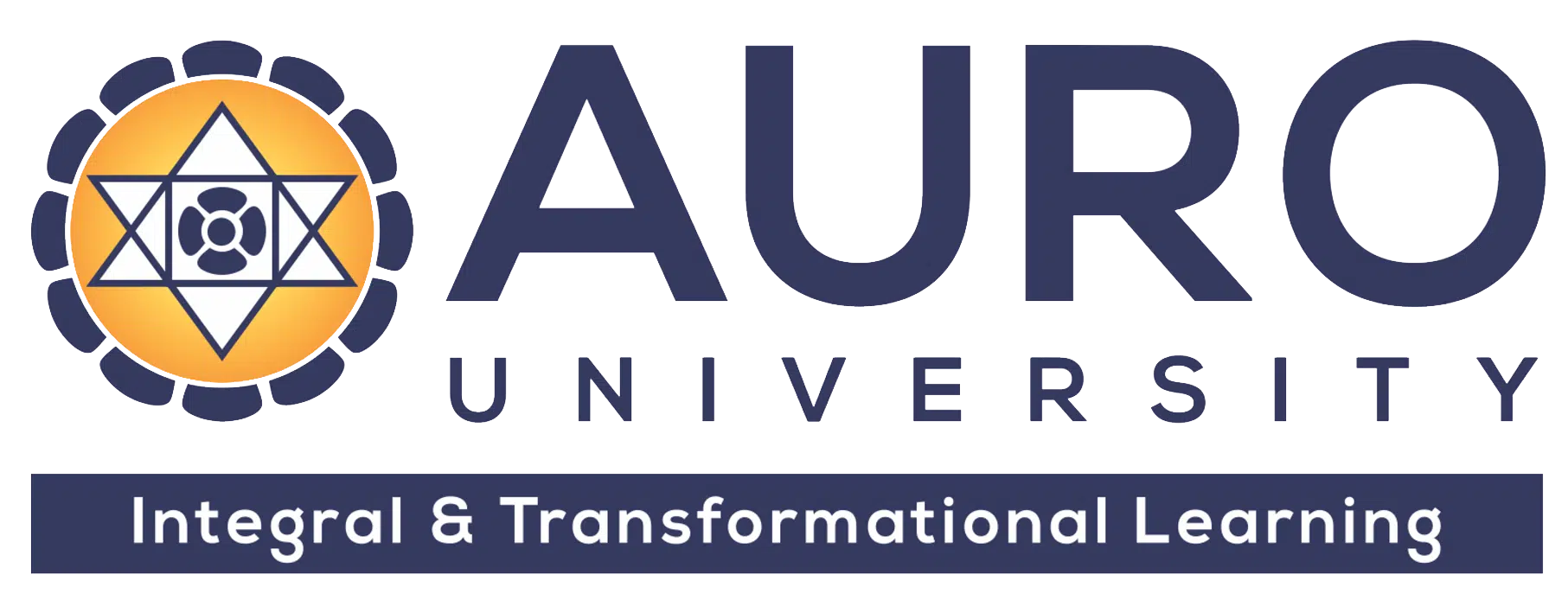







Life at AURO
Discover Life at Auro: Vibrant campus, cosy hostels, dynamic activities, and enriching library – Your journey begins here!
Top Collaborators









Auro at Glance
Law school plays an integral part in my holistic development, as a human, a learner, and as an avid law aspirant.
The law school assists well in providing a vast selection in our academic syllabus, which also serves my social development because through that I can select what suits my interests right.
-Mukti Chaturani - School of Law
It was a great experience studying at Auro University, a memory to cherish for a lifetime. My experience at Auro was full of learning and grooming. Being at a global university gave me an opportunity to meet different kinds of people from around the world and I learnt many things from them. I am thankful to all the faculties, mentors and entire staff for providing us with quality education.
-Tatsam Tank
School of Liberal Arts and Human Sciences
AURO University has a very serene campus and people here are quite friendly and helpful (I being a hosteller experienced it). I have learnt from the basics of design to the professional level and observed myself growing with each passing semester. The curriculum is very well designed and faculty members are quite knowledgeable & well experienced.



